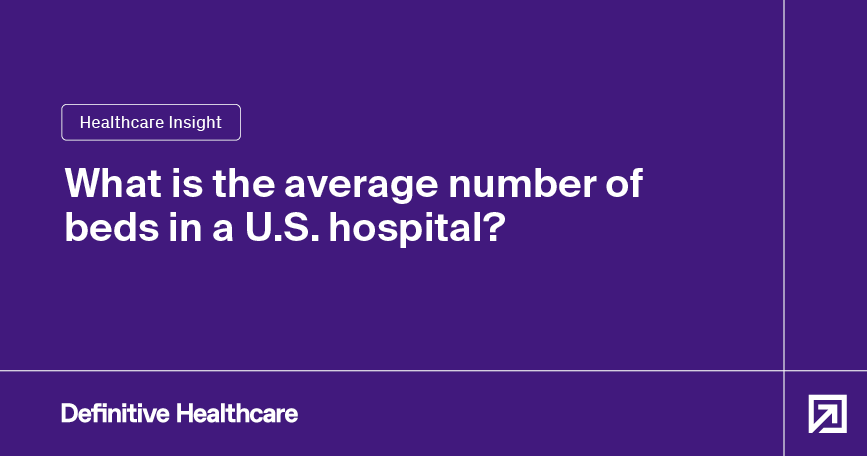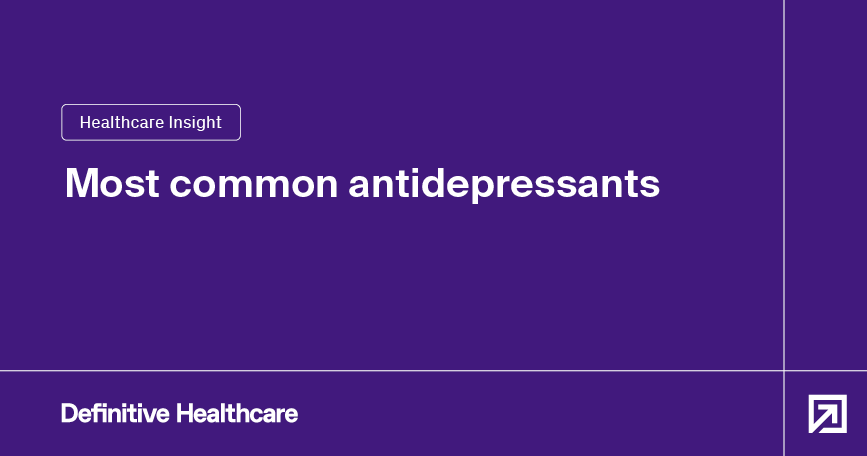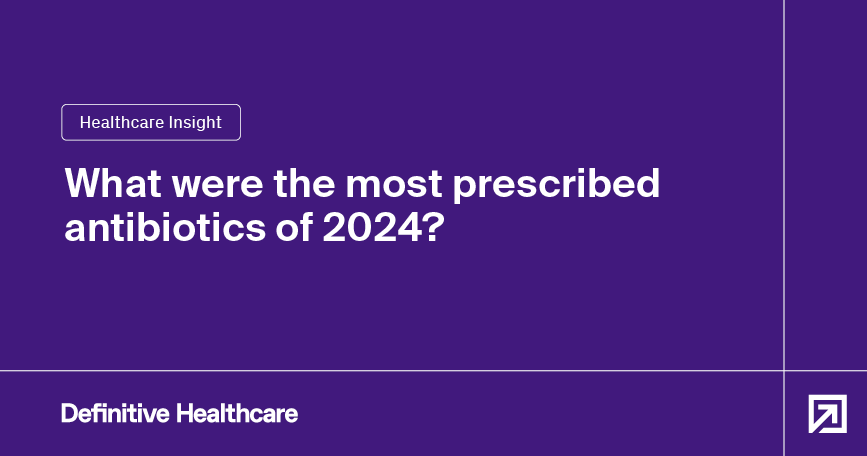Filter by Type

Top healthcare systems by operating expenses
See which integrated delivery networks have the highest operating expenses and what that reveals about scale and system complexity.

Most common anti-anxiety medications
Explore the most prescribed anti-anxiety medications in the U.S. and trends shaping treatment decisions.

What is the average number of beds in a U.S. hospital?
See the average number of staffed beds in U.S. hospitals and how bed size varies by region and hospital type.

Most common antipsychotic medications by prescriptions dispensed
See the most commonly prescribed antipsychotic medications in the U.S., ranked by prescriptions dispensed using real-world data.

Most common antidepressants
See the most commonly prescribed antidepressants in the U.S., ranked by prescription volume, and explore key trends shaping use.

What were the most prescribed antibiotics of 2024?
Analysis of the most prescribed antibiotics in the U.S. in 2024, highlighting utilization trends and antimicrobial stewardship insights.

Top 10 most common pain medications
See the most commonly prescribed pain medications in the U.S., including opioid and non-opioid drugs, based on prescription volume.

Top 25 IDNs in Texas with the most hospitals
Discover the top 25 IDNs in Texas with the highest number of hospitals. Explore healthcare networks and their impact on community health and access.